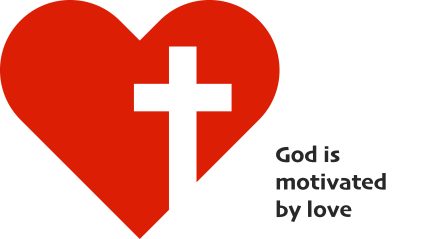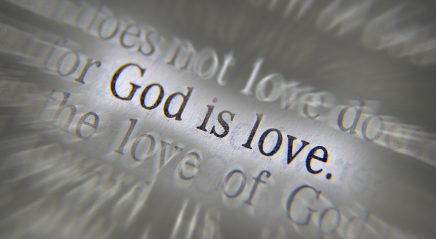Lectionary for June 2, 2024
Second Sunday after Pentecost
1 Samuel 3:1-10; Psalm 139:1-6, 13-18;
2 Corinthians 4:5-12; Mark 2:23–3:6
The lectionary passages this week are about times when people didn’t see how God was helping them—even though it should have been apparent.
In the early part of 1 Samuel, the text focuses on the spiritual blindness in Eli’s family. We must note that Eli is never the high priest, according to the lists in 1 Chronicles 6; 1 Samuel also doesn’t name him as such in these early chapters. Samaritan tradition holds that Eli seized the priesthood from his cousins, the descendants of Eleazar, the rightful high priest (Numbers 20:26-28), and set up an alternative shrine at Shiloh (more below!).
Eli wasn’t a good priest by any measure. He didn’t understand Hannah’s prayer and berated this woman whom God had singled out for special honor (1 Samuel 1:12-18). After a half-hearted reprimand, Eli turned a blind eye toward his sons’ evil (1 Samuel 2:29). Finally, he required multiple opportunities to recognize that God speaks in the tabernacle (1 Samuel 3:2-9). He didn’t recognize holiness and wickedness when it was right in front of him! Eli’s own sons were stealing food at the tabernacle (among other sins). So God promised to remove Eli and raise up a faithful leader who would do what is in God’s heart and soul (1 Samuel 2:35). Samuel was that leader precisely because he recognized what God wants and cares about.
Hundreds of years later, another series of conversations and arguments broke out about God’s priorities. Some Pharisees complained that Jesus’ disciples had harvested grain on the sabbath. Jesus responded by describing how David and his men had received and ate the bread dedicated to God in the tabernacle (1 Samuel 21:1-6). Surely if normal humans could eat bread solely devoted to God and the priests when they were hungry, Jesus’ disciples could eat some wheat when they were hungry, right? After all, keeping statutes and judgments correctly leads to life, not death (Leviticus 18:5).
We are invited to be like Samuel and Jesus’ disciples—to rightly perceive God’s life-giving actions in the world.
Jesus does an interesting thing with the story of David and the showbread—he adds details. And if details are included in the laconic Gospel of Mark, we are meant to pay attention. In the text of 1 Samuel, the priest Ahimelech gave lone David bread that he could take to his men. In Jesus’ telling, during Abiathar’s time as high priest, David’s men were with him and ate the bread together. Why the different details? You must know your Israelite history!
Abiathar was the sole high priest in the biblical account to be deposed while alive because of his part in a revolt against God’s chosen leader. In fact, Abiathar was the last of Eli’s relatives to be high priest before the priestly line passed back to the rightful house of Eleazar, fulfilling God’s words in 1 Samuel 2:27-36; 3:11-14. By specifying that the story included Abiathar, Jesus was making an a fortiori argument. If even priests in a wicked family still knew to value human life by prioritizing giving food to David and those with him, the Son of David, as a faithful interpreter of God’s laws, should be trusted to give those with him the right to eat.
Sadly, the next Sabbath there were those assembled in the synagogue to see if Jesus would again prioritize life over cessation of activity. Jesus wasn’t going to disappoint! He called a man forward with a non-life-threatening injury to his hand and asked: “Is it lawful to do good or to do harm on the Sabbath, to save life or to kill?” (Mark 3:4). Jesus thereby argued that refusing to do possible good for neighbors is to be regarded as actively harming them. There are no neutral bystanders to pain—only healers or assailants. Jesus was furious at their hardness of heart in choosing strictness over healing. He healed the man’s hand and sent him on his way.
The sabbath rules, as first presented in Exodus 20:8-11, are an invitation to imitate the God who stops working for a time. If God, who does not need rest, nonetheless ceases actions, how much more so do we finite creatures need rest that leads to life? The sabbath is an opportunity to welcome life to the fullest, with healing and restoration.
Eli, Abiathar and Jesus’ critics were unable to see what God was doing. Eli valued a negative peace over getting involved in the messy work of protecting people. Abiathar participated in a rebellion that he should have avoided. Jesus’ critics chose strict interpretations over liberating interpretations. All of them missed what God was doing. We are invited to be like Samuel and Jesus’ disciples—to rightly perceive God’s life-giving actions in the world.









